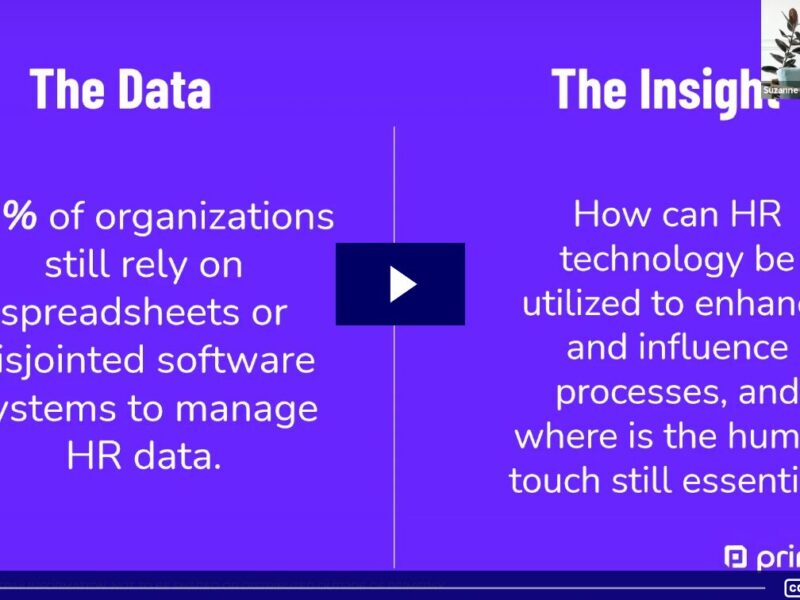You’re probably familiar with the final scene in National Lampoon’s Christmas Vacation when Clark, expecting a large Christmas bonus, instead receives a one-year membership to the Jelly-of-the-Month Club instead.
While this swing-and-a-miss by his boss is (hopefully) an exaggeration of pay around the holidays, it does showcase how people depend on their paychecks and bonuses. This sentiment is even more true in winter when spending increases significantly.
It’s therefore critical for companies to understand, plan for, and deliver holiday pay on time. So, how do holidays like Thanksgiving and Veterans Day affect direct deposits?
What Federal Holidays Affect Direct Deposits in 2024?
- New Year’s Day – Monday, January 1, 2024
- Birthday of Martin Luther King, Jr. – Monday, January 15, 2024
- Washington’s Birthday – Monday, February 19, 2024
- Memorial Day – Monday, May 27, 2024
- Juneteenth National Independence Day – Wednesday, June 19, 2024
- Independence Day – Thursday, July 4, 2024
- Labor Day – Monday, September 2, 2024
- Columbus Day – Monday, October 14, 2024
- Veterans Day – Monday, November 11, 2024
- Thanksgiving Day – Thursday, November 28, 2024
- Christmas Day – Wednesday, December 25, 2024
Why Federal Holidays Matter For Your Payroll
The Federal Reserve and Automated Clearing House (the electronic network for financial transactions including business-to-business payments, direct deposit of payroll, consumer bills, Social Security, e-commerce payments, and tax payments) are closed on federal holidays.
When the Federal Reserve is closed on holidays, money doesn’t get transferred, AKA direct deposits won’t go through on those days. And while most banks follow suit and close their doors, some remain open but offer minimal services.
Thus, since your employees won’t receive their direct deposits on holidays, you’ll need to review the next scheduled check date for accuracy and alter the run date to accommodate.
What is Holiday Pay?
Holiday pay is when employees receive compensation, whether or not they worked on a federal holiday.
Many organizations provide time off and holiday pay for more than 11 federal holidays, such as Easter, Lincoln’s birthday, and election days.
It’s important to note that holiday pay is part of an organization’s pay policy (such as paying overtime, time-and-a-half, and bonuses) and isn’t tied to the Federal Reserve or Automated Clearing House’s procedures.
Do I Have to Pay My Employees on Federal Holidays?
You must pay your salaried employees their full weekly salary if they work during the federal holiday week. On the other hand, hourly employees do not require pay, as they’re only paid for actual hours worked.
Are Federal Employees Paid on Federal Holidays?
Yes, the government will pay employees on federal holidays and every four years on Inauguration Day. Most federal employees are entitled to premium compensation when they’re required to work during designated holiday hours. Soldiers are paid by salary and receive equal pay regardless of their work hours.
What if a Federal Holiday Falls on a Weekend?
When the national holiday falls on Saturday, the holidays are celebrated on Fridays. However, if the day falls on Sunday, the holiday will be on Mondays.
The Difference Between Federal and Religious Holidays
You may have noticed that among the 11 federal holidays, only one is a religious day. In fact, Christmas Day is the only religious day officially recognized in the United States.
To create an equitable and inclusive workplace environment, it’s best practice to have several floating holidays that employees can use throughout the year. Doing so not only enhances work-life balance and attracts top talent, but also respectfully acknowledges people of different cultures and backgrounds.
Can Federal Employees Receive Paid Leave for Religious Holidays?
Federal employees may change their working schedule to accommodate religious observance that requires abstaining from work at all times during the working week. If employees choose to work on weekends or overtime to make up for the work missed, they’re not entitled to bonuses or additional compensation.
Examples include Jewish employees taking off for Rosh Hashanah and Yom Kippur or Muslim employees using a floating holiday for Eid Ul-Fir.
3 Tips for Managing Payroll Around Federal Holidays in 2024
Whether you’re currently developing your compensation strategy or already have a plan, it’s wise to consider how you’ll pay your people around federal holidays in 2024. Below are three tips to ensure you choose a strategy that best suits your organization’s needs.
1. Conduct Background Research
Before you say this is how we’ve always done it, it’s essential to consider if there’s room for improvement in your payroll practices around the holidays.
Make sure you consider your:
- Company finances. You might work at a Fortune 500 company with enough runway to financially support granting your people additional paid days off. Alternatively, you could lead a startup that can’t afford to pay employees holiday pay. Make sure your pay practices around federal holidays match your budget so you can confidently pay your people when it makes sense.
- Workplace culture. Does your compensation and benefits plan match your workplace culture? If not, it’s time to start moving in that direction. Specifically, Xpedition’s team realized their policies needed to align better with their company culture and values. They were intentional about restructuring – they even asked employees their thoughts – before rolling out a new PTO plan.
- Competitors’ holiday pay. Consider your recruitment strategies and how you’ll attract top talent away from your competitors. If your competitors offer the same base pay but an additional three floating holidays, that distinction will come up when candidates choose their future employer.
2. Communicate, Communicate, Communicate
It shouldn’t come as a surprise when payday is, especially around federal holidays. After developing your strategy, communicate your decision in various ways, including via All Hands meetings, department heads and managers, HR announcements, and your employee self-service portal.
For example, Fanatics publishes their paid holiday policy publicly so current and future employees are always in the know about specific procedures.
Another part of your communication strategy should be outlining the expectations of your payroll team. For example, if your Director of Payroll usually takes additional days around Thanksgiving, ensure she knows she must submit payroll early so everyone receives their paycheck on time.
3. Hand the Payroll Burden to the Experts
Payroll errors are more common than you think. And we get it – a lot of manual entry is involved when processing payroll information.
In fact, the U.S. Bureau of Labor Statistics reports that 54% of salaried Americans have received inaccurate paychecks, while 46% of hourly employees have experienced incorrect, late, or – wait for it – money deposited into the wrong account.
To combat these manual errors and regain time, partner with a payroll provider to ensure the right people are getting paid at the right time.
PrimePay at Your Service
As a leading payroll service provider, PrimePay can partner with you to offer support throughout the entire employee lifecycle. Learn more about how PrimePay can help you streamline HR processes, support tax obligations, and manage your payroll calendar as easy as 1-2-3.
Please read our disclaimer here.









